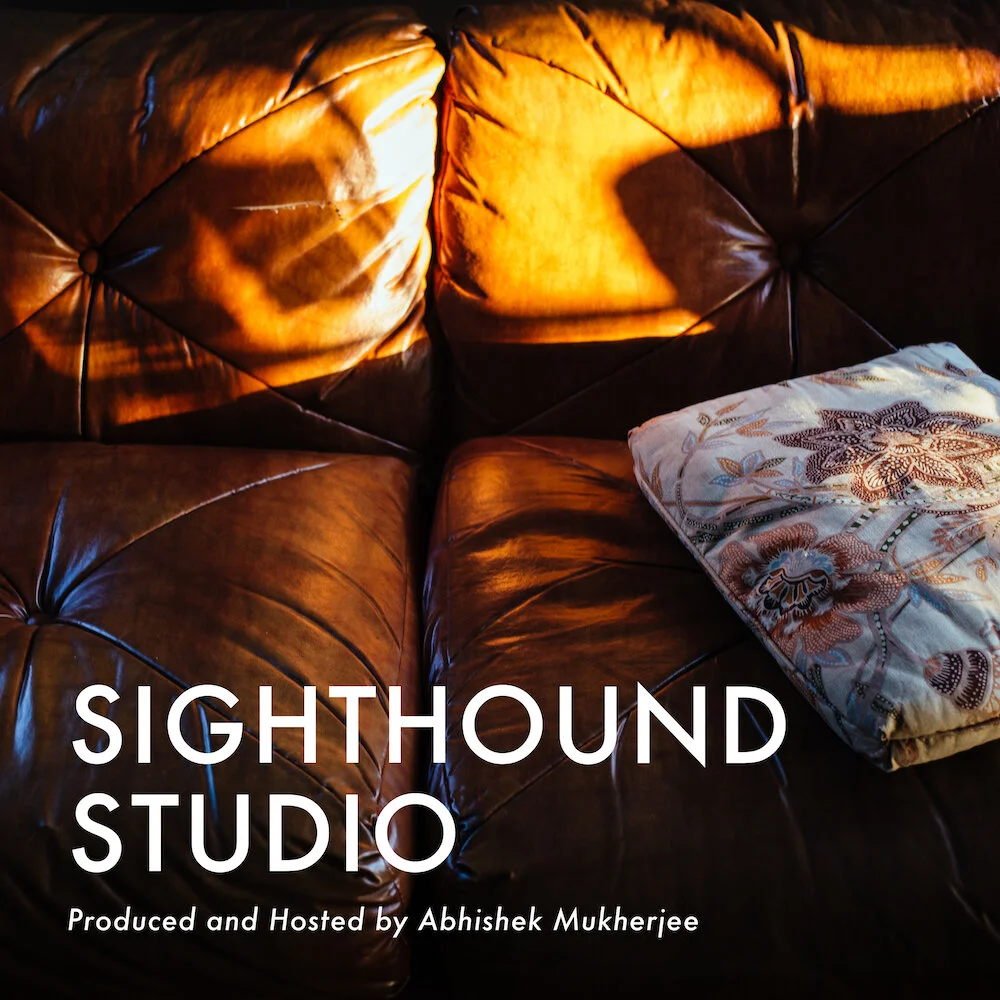Intellectual Humility
We often think we are above average than our peers:
- We think our personality is better than most people we know — that we are kinder, intelligent, loving and more giving than others
- We think we have better attitude
- We have more self esteem
This is called Self-Serving Bias.
Majority of us cannot be above average… this is not how average works! But this trait can help us be resilient. People with depression have less self-serving bias — they tend to have a more accurate view of themselves in relation to their peers.
It sounds like Self-Serving bias is a good thing: more resilience, less depression — what’s not to like about it? It can make us less humble.
Enter Intellectual Humility.
This is everyday humility plus reflection. This is reflecting accurately about our own emotions and intentions, about our personality and attitude.
By first being humble, and then reflecting on our limitations and gaps, can we start being curious about getting better.
Here is an intellectually humble question and I don’t know the answer to it: does this mean people predisposed with depression will have trouble finding curiosity? Would exploring unknowns make them feel less capable than their peers? Does their depression turn into a slippery slope, from “I don’t know how this works” to “I must be incompetent”? How does someone struggling with depression find curiosity?
Thoughts?


